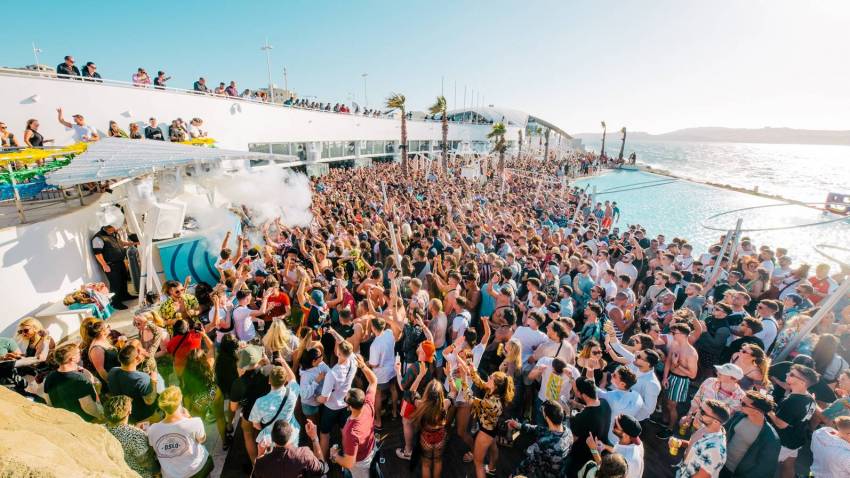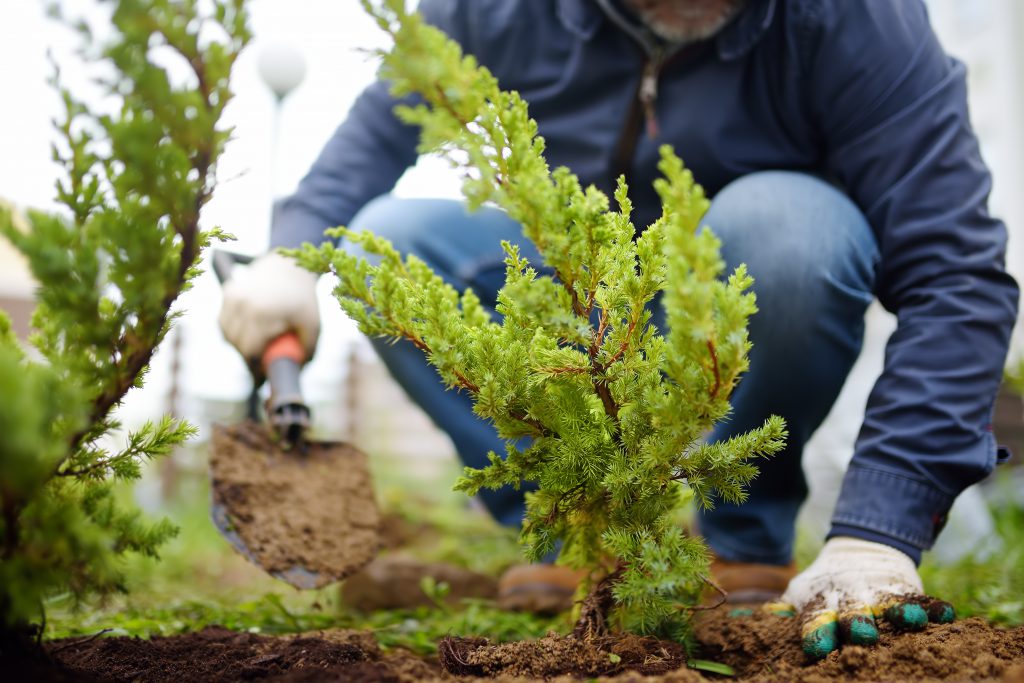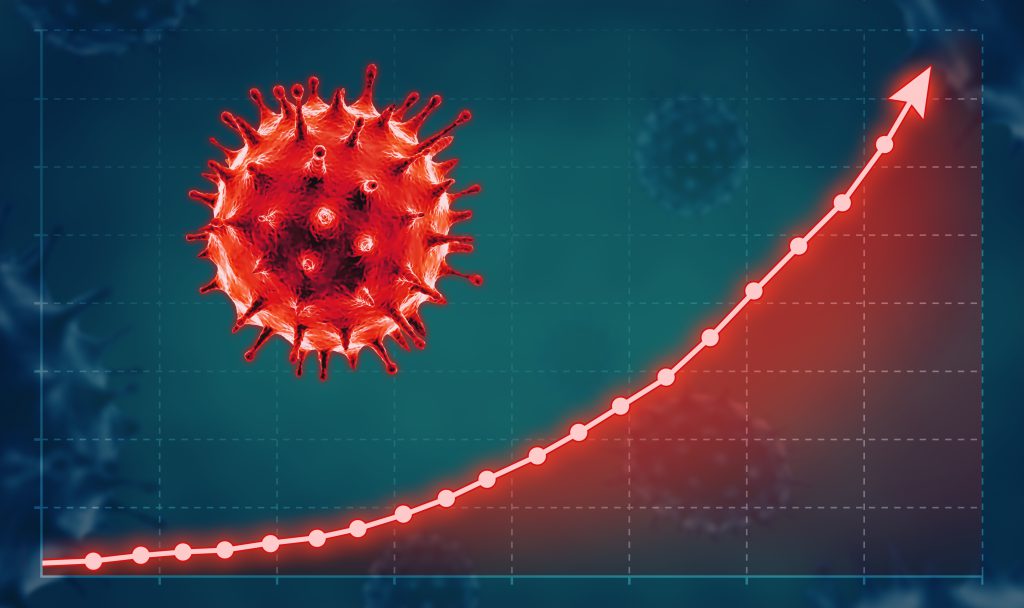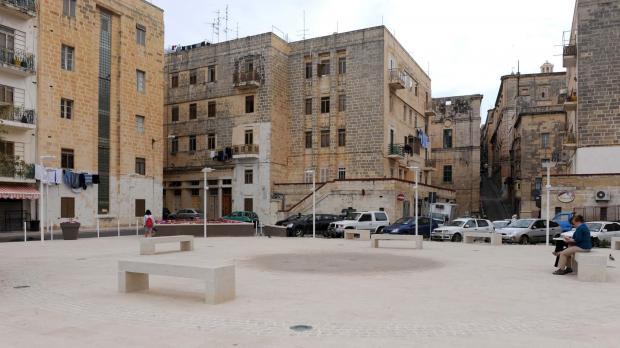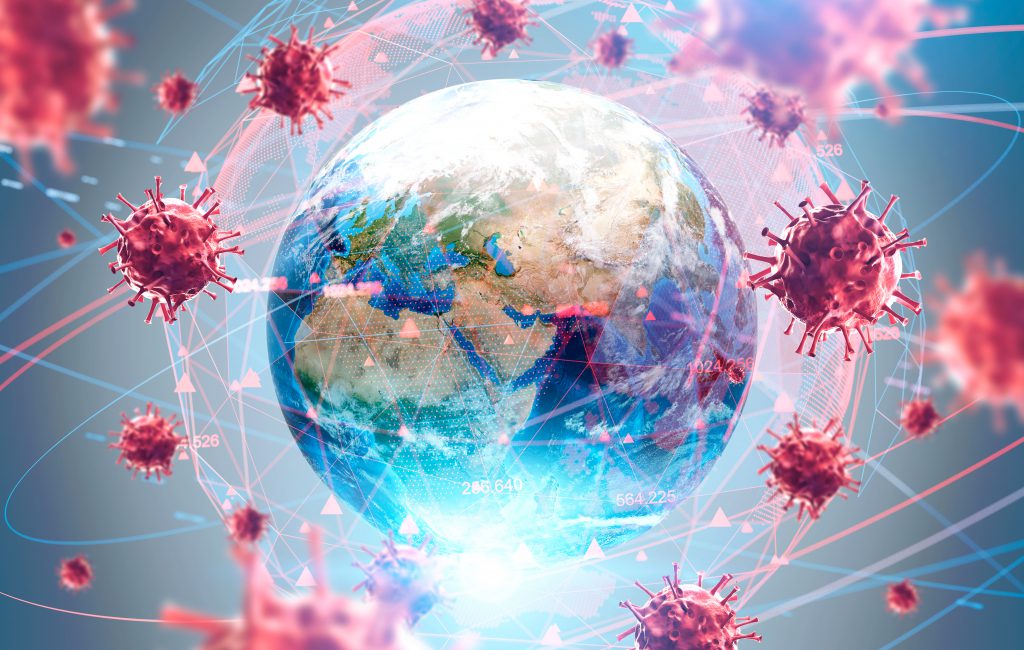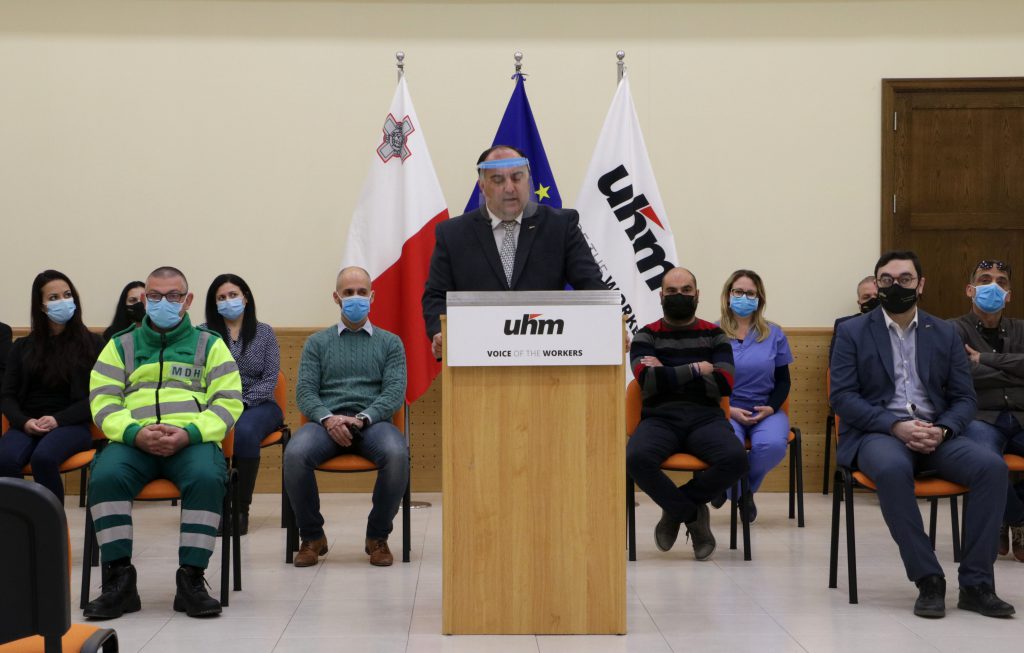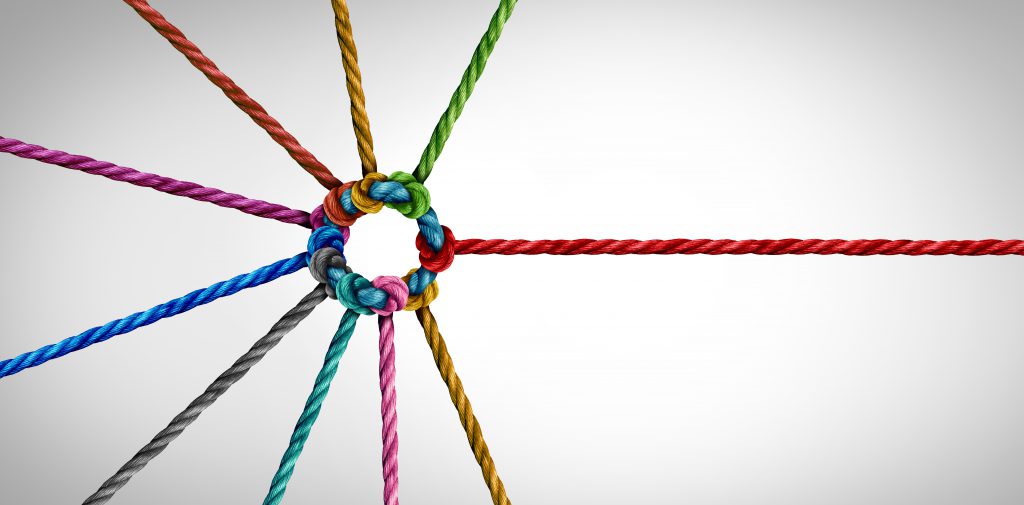Archive for Editorial
Is history repeating itself?
For the second year running June 1 is being hyped up as the day when the country starts reverting to normality following the COVID-19 outbreak which started in March last…
Economic resilience or papering over the cracks?
Malta’s economy has exhibited a high degree of resilience in the aftermath of the COVID-19 outbreak which caused huge shocks particularly in tourism, performing arts and the entertainment industries. The…
The long road to redemption
The spate of arraignments made recently in connection with two magisterial inquiries into allegations of kickbacks involving people at the highest echelons of power, businessmen and professionals is just the…
Are we barking up the wrong tree?
Last year State agency Ambjent Malta planted close to 22,000 ‘trees’ as part of its remit which includes afforestation projects across the Maltese Islands. The latest part of this green…
Back to square one… not exactly
This time last year Malta entered into partial lockdown as the COVID-19 pandemic loomed on the horizon. A public health emergency was declared. Schools were closed, non-essential services and shops…
The housing problem
A recent Housing Authority study showed that two thirds of those applying for social housing are single mothers. Women account to three out of four applicants and half of the…
Covid-19: Throwing caution to the waves…wind
On March 7, 2020 Malta registered its first coronavirus case after an Italian 12-year-old girl tested positive. Many braced themselves for the worst, but few could have forecast what would…
A bad precedent for social dialogue
Last week more than 1,300 healthcare workers ranging from emergency ambulance responders to professionals stepped up industrial action having felt that government was trying to take them for a ride.…
National Unity – what does it really mean?
Later this month a national conference promoting unity will be held by President George Vella who has been quite vociferous on the need to heal the rifts within Maltese society.…
Weak on corruption, flawed on democracy
The first few weeks of 2021 do not bode well at all for Malta’s daunting challenge to stop its downward trajectory and start restoring its reputation on the international scene.…

